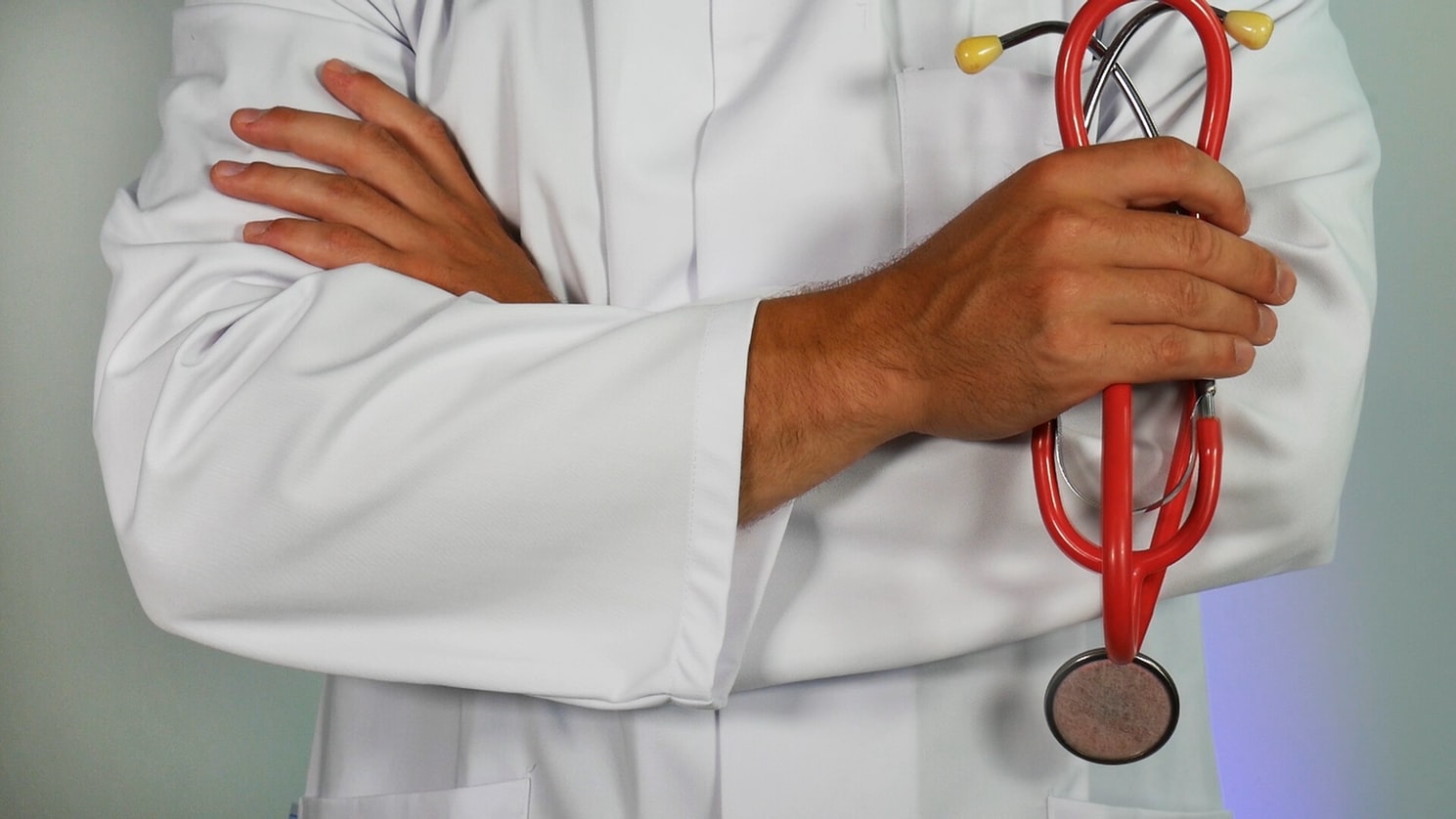Updated: July 19, 2022
Addressing Addiction and Mental Health
In 2020, more than 17 million American adults experienced mental illness and substance use disorder, according to the National Survey on Drug Use and Health. However, this statistic only scratches the surface, considering many people don’t realize what they’re dealing with — a dual diagnosis.
Addressing these issues has never been more crucial. Drug overdose deaths, especially involving opioids, continue to lead the conversation around addiction. To tackle the ongoing crisis, it’s vital to understand what dual diagnosis is.
What Is Dual Diagnosis?
A dual diagnosis, also known as a co-occurring disorder, occurs when someone simultaneously suffers from a mental health problem and substance use disorder (SUD). More generally, suffering from more than one illness at the same time is defined as co-morbidity.
Someone suffering from a dual diagnosis could be addicted to any number of substances, including:
- Alcohol
- Cocaine
- Methamphetamine
- Opioids
- Prescription medicines
They may also suffer from various mental health conditions, like:
- Anxiety
- Bipolar disorder
- Depression
- PTSD
- Schizophrenia
With a dual diagnosis, either SUD or mental health condition can develop first. There are many variations with dual diagnosis, and symptoms can vary greatly. While untangling the intricacies of a dual diagnosis is tricky, it’s possible to get high-quality treatment and go on to live a fruitful, healthy, and productive life.
Don’t let either substance use disorder or mental health issues stop you.
Do I Have A Dual Diagnosis?
Have you struggled with difficult emotions for a long time without therapy? Do you reach for drugs or alcohol when you’re unhappy?
If the answer is “yes” to both questions, you might have an undiagnosed mental health condition triggering the use of substances to improve your mood. In other words, you might misuse prescription pills for your mental illness or use them in combination with alcohol to “feel normal.”
Everyone has their ups and downs. Unfortunately, many people don’t seek help when they need it.
If your depression suddenly worsens and you find yourself turning to drugs or alcohol to cope, it’s worth getting help. Your doctor can check that you’re not suffering from a mental health condition like PTSD or bipolar disorder.
If you can determine the root cause of these negative thought patterns, you have a stronger chance of taking control of them and maintaining sobriety.
When you gain clarity on what makes you sad, you can get the right help. Getting the right support means you can get the right treatment at a center like Landmark Recovery in Kentucky, and go on to live a happy productive life.
What Treatment Can I Get For A Dual Diagnosis?
There’s no boilerplate answer to this question. Only a skilled physician or psychiatrist can give you the exact answer, but we can give you a general idea.
First, you’ll likely undergo a detox program that incorporates medication-assisted treatment and behavioral therapy.
Therapy is a crucial element of rehab. Depending on your diagnosis, you may have any type of therapy including:
- Cognitive-behavioral therapy (CBT)
- Dialectical behavior therapy (CBT)
- Exposure therapy
- Individual
- Family therapy
If you receive a dual diagnosis, it’s nothing to worry about. Indeed, you should consider this as a positive since you now know what is causing your anxiety or depression. You can also take steps to address the issue.
When you have a dual diagnosis, you need to find a rehab center that specializes in dealing with this demanding area of treatment.
Landmark Recovery has addiction treatment centers with trained staff dedicated to helping people with dual diagnoses.
Why It’s Important To Acknowledge Dual Diagnosis
If your physician fails to pick up on dual diagnosis, you may not get the right treatment program.
With the current opioid epidemic, people need accurate diagnoses to optimize the effectiveness of treatment.
A report released in early August 2020 shows that deaths by drug overdose in Kentucky have spiked. There’s an urgent need for accessible and effective drug treatment as the crisis continues to spiral out of control.
The rise of fentanyl and methamphetamine in Louisville makes synthetic opioids the primary cause of overdose. Dealers lace heroin with fentanyl to make it stronger. Resultantly, it becomes much more dangerous, and potentially fatal.
To overcome substance use disorder, you need to learn why you use substances. This is a complicated matter as everyone has walked a different path. Some people use because they started taking pain medication while others started taking drugs recreationally before moving onto heroin.
Substance-Induced Mental Health Disorders
It’s not always clear whether substance use disorder or the mental health problem comes first.
Prolonged use of certain substances can trigger mental health disorders in a normally healthy individual. For example, marijuana is known to trigger latent schizophrenia.
It’s essential to get an accurate diagnosis because people with a dual diagnosis tend to be more treatment-resistant and often need additional input with their treatment. A misdiagnosis can result in inadequate or inappropriate treatment.
Dual diagnosis can be tricky to assess. For instance, a person with bipolar disorder and alcohol use disorder may be in remission but could present with psychotic symptoms after taking amphetamines for three days.
It takes time to accurately assess a dual diagnosis to form the best treatment program.
Treating A Dual Diagnosis
While it’s urgently required, research on dual diagnosis is sorely lacking. Dr. Kenneth Minkoff is the Clinical Assistant Professor of Psychiatry at Harvard University.
Dr. Minkoff pioneered an important model of dual diagnosis treatment called the Comprehensive Continuous Integrated System of Care (CCISC). The model aims to simplify the process of diagnosing and treating patients with a dual diagnosis.
Psychiatric treatment and substance use disorder treatment are different schools of psychology. This model aims to integrate the two approaches more fully so that people get the appropriate effective treatment that works.
What To Do Next
If you suspect you might be dual diagnosis, it’s paramount you get treatment immediately at a credible dual diagnosis center. At an addiction treatment center like Landmark Recovery, you’re in good hands. You’ll be assessed by and receive treatment from licensed clinicians, therapists and staff who specialize in substance abuse.
Getting the right treatment is the key to becoming substance-free, even if you have a mental health disorder. Help is out there, and many people with dual diagnoses are happily maintaining sobriety. If they can do it, there’s no reason why you can’t too. Call 888-448-0302 today and speak to a member of the admissions team, or visit our locations page to find a treatment center near you.

Choose Recovery Over Addiction
We're here 24/7 to help you get the care you need to live life on your terms, without drugs or alcohol. Talk to our recovery specialists today and learn about our integrated treatment programs.






